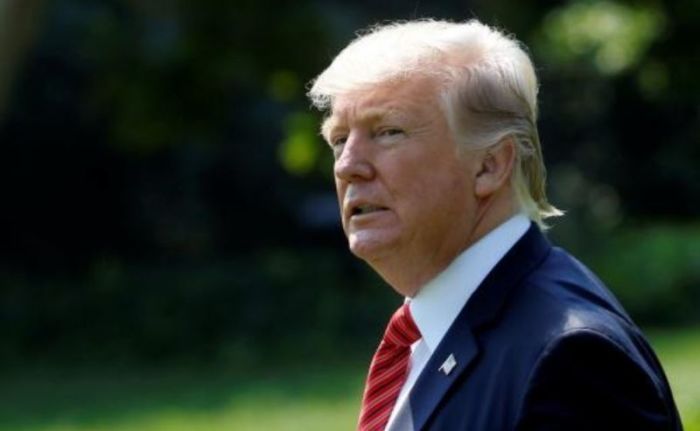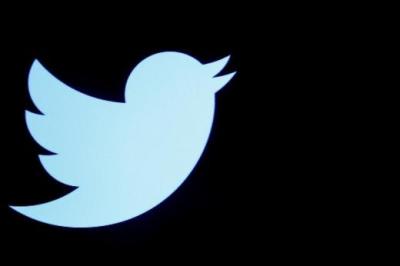Trump Blocking Critics on Twitter Violates First Amendment, Professors Claim

A First Amendment lawsuit against President Donald Trump over him blocking people on his official Twitter account is gaining support from a group of Georgetown University professors.
In an amicus brief filed Monday, Georgetown Law School's Institute for Constitutional Advocacy and Protection argued that President Trump's official Twitter handle fits the definition of a public forum and thus he cannot "engage in viewpoint discrimination."
"By opening the @realDonaldTrump Twitter feed to the general public, utilizing Twitter's speech-enhancing features, and engaging in a robust back-and-forth with commenters, defendants have demonstrated their intent to designate the feed as a public forum," read the brief.

"Defendants therefore violated plaintiffs' First Amendment rights by blocking them from following and replying to @realDonaldTrump because of their criticism of the President and his policies."
Professor Joshua Geltzer, executive director for ICAP, said in a statement released Monday that the case is about "applying established First Amendment principles to emerging technologies."
"When the government creates a space for public discussion and debate, whether in a physical or virtual setting, it creates a public forum," Geltzer argued.
"The Constitution then bars the government from silencing those who question it and giving voice only to those who praise it."
ICAP filed their brief on behalf of the Knight First Amendment Institute of Columbia University, which filed the suit against Trump back in July.
"The First Amendment applies to this digital forum in the same way it applies to town halls and open school board meetings," stated Knight Institute Executive Director Jameel Jaffer in July.
"The White House acts unlawfully when it excludes people from this forum simply because they've disagreed with the president."
For their part, the Trump administration has rejected the Knight Institute's claims, arguing that the courts cannot dictate how the president manages his social media accounts.
In a brief filed in October, the administration also argued that the @realDonaldTrump account does not fit the definition of a public forum.
"The President uses the account for his speech, not as a forum for the private speech of others. And his decision to block certain users allows him to choose the information he consumes and the individuals with whom he interacts — expressive choices that public officials retain the right to make, even when those choices are made on the basis of viewpoint," argued the government.
"The President had no role in structuring the conversations among Twitter users, let alone an intent to create a forum for private expression."





























